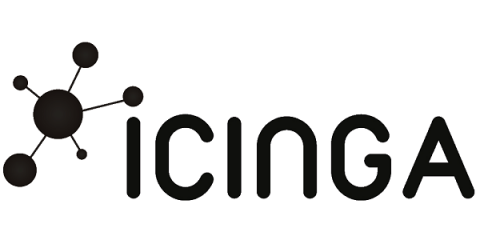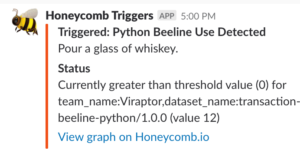Icinga 2.10 released: Namespaces, Notifications, TLS Performance
Our friends from the Max-Planck-Institut for Marine Mikrobiologie kindly sponsored that acknowledgement notifications are now sent only to users which have been notified about a problem before – thanks a lot. Another sponsor asked for more child options for the ScheduledDowntime which are now released in 2.10.











